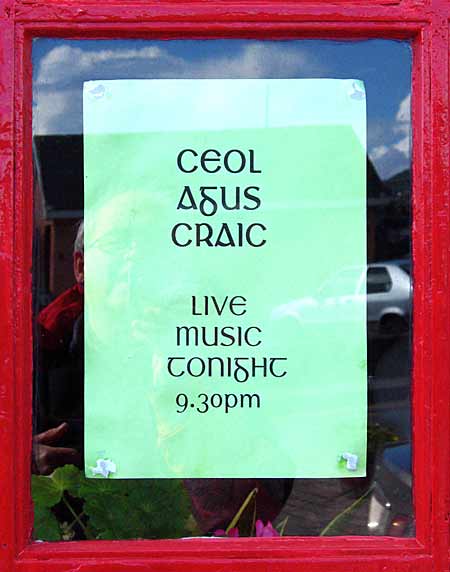… but it’s getting harder with all those pesky Blogs around. Intriguing story from this morning’s New York Times:
Clear Channel, thought by its critics to be the best representative of the creeping corporate weaseldom that has brought on the ruination of commercial radio, tried to dupe radio listeners in Akron, Ohio, by posing as an anticorporate pirate radio station.
Via some audio trickery, Clear Channel made it sound as though pirate signals from “Radio Free Ohio” were bleeding into several of the other stations it owns. The “pirate” signals, and a Web site set up to promote the new station, lashed out at corporate radio.
Suspicious, someone using the handle “Turbo Ninja” looked up the Web site registration for radiofreeohio.org, discovered it was owned by Clear Channel, and posted the findings to the message boards on the Web site of the independent station WOXY.
“They’re ripping corporate radio as a means of encouraging people to listen to a slightly different kind of corporate radio,” Turbo Ninja wrote.
The posting was picked up by several blogs, and in turn by The New York Times, which quoted a Clear Channel executive saying, “There’s a hole in the market here and we’re going to fill it.”
That hole is “progressive talk,” a notion that sent Carrie MacLaren reeling. She runs the blog stayfreemagazine.org, one of the first to publicize what Clear Channel was up to. “Progressive talk,” she wrote. “Yes, I will say that again: (Radio Free Ohio) is to be a progressive talk station! Now if you’ll excuse me I think I’ll go shove an icepick in my ear.”






